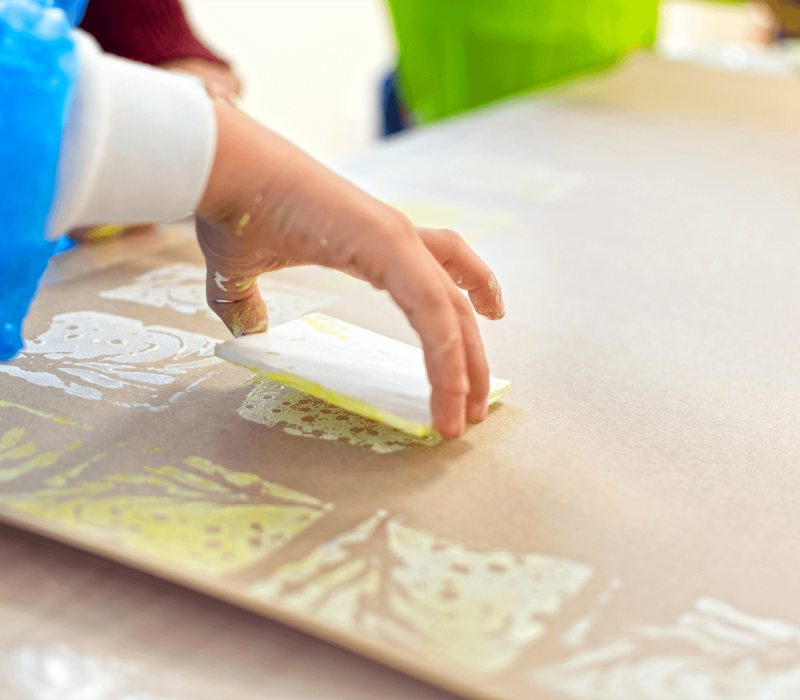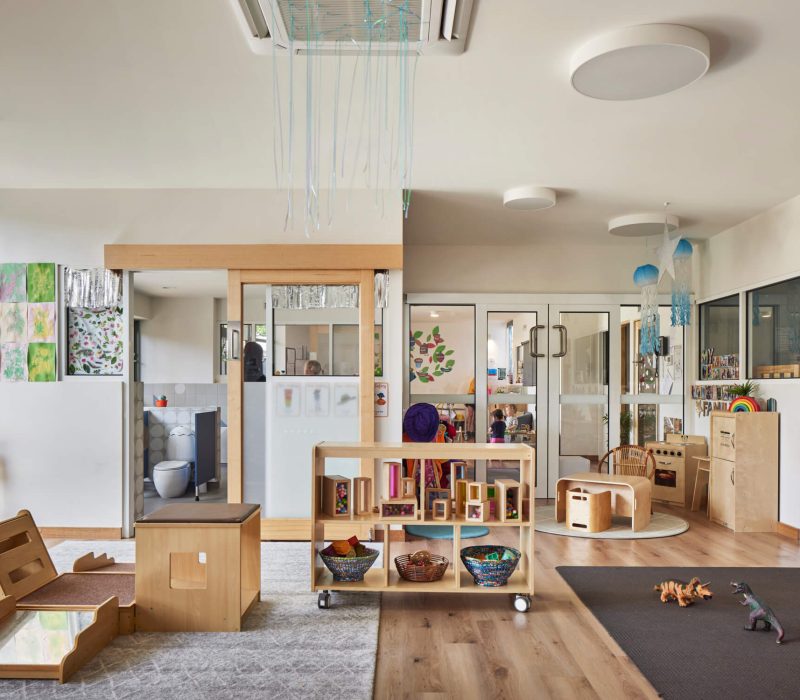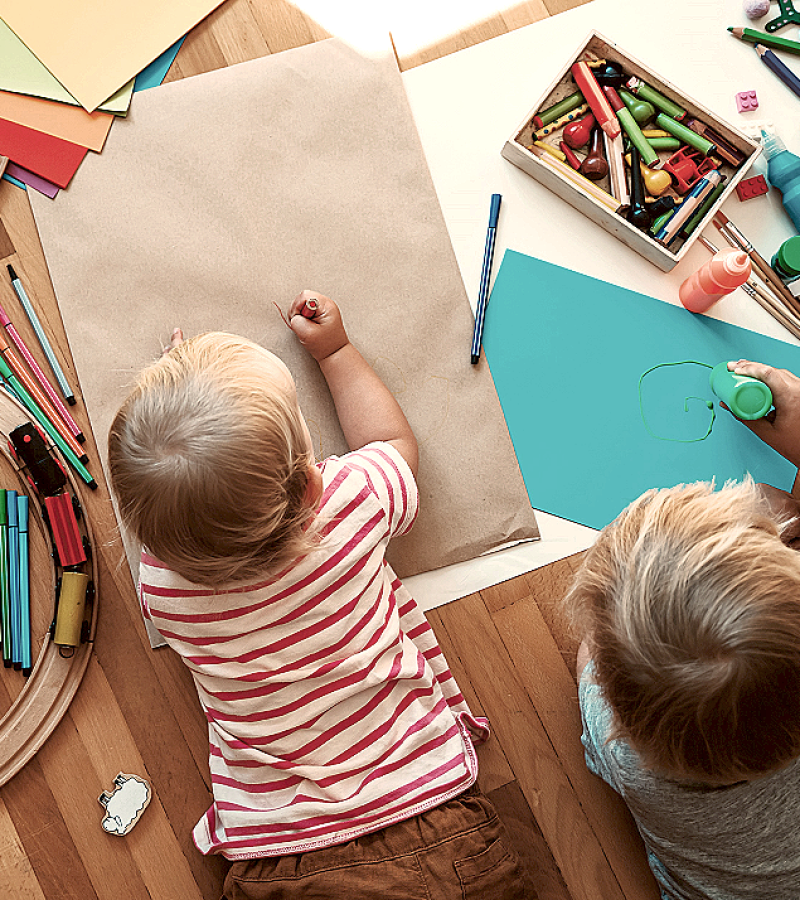Our approach
to Learning
Developing creativity in children stimulates creative problem solving and thinking patterns that will carry through into adulthood.
The arts and learning engage all senses. By learning through the arts we hone our senses to the world around us. We take in information, analyse and synthesise at a deeper level.
Explore
Why use the arts?
‘During the brain’s early years, neural connections are being made at a rapid rate. Much of what young children do as play — singing, drawing, dancing — are natural forms of art. These activities engage all the senses and wire the brain for successful learning.’ — (Sousa, D).
By working with young children through the arts, we enable them to express their understanding in a range of ‘languages’ using individualised and unique styles. We see children as capable with the ability to build knowledge.
‘…seeing children in their brilliance and competence in constructing and advancing their own understanding,’ (Edward, Gandini and Forman 2011 in The hundred languages of children: the Reggio Emilia experience in transformation).
Music, dance, drama and art are daily events at Kingsville Early Learning, not just a weekly incursion. Our learning activities are deliberate in the inclusion of the arts as we know all children are motivated by at least one of the art forms.
Child-led inquiries
We believe that learning is an active process that is most effective when children have ownership of their activities. By producing a highly stimulating and engaging environment, each child has the opportunity to direct their learning motivated by their interests. Children’s learning will be supported by highly capable and flexible educators experienced in expanding learning opportunities and scaffolding learning activities. Our educators will ensure that each child’s learning opportunities are maximised.
Educator initiated learning activities will be open ended with a strong focus on exploration, enquiry and experimentation.


Curriculum
We implement the Australian Early Years Learning Framework. After observing children’s interests and curiosities while at play, our educators design intentional learning experiences that align with curriculum learning outcomes. Connections with home are made when families communicate home-based interests and experiences and upcoming cultural and family events.
Philosophical underpinnings
Our approach to learning is influenced by a range of philosophies, including those of Louis Malaguzzi of Reggio Emilia (Hundred Language of Children), Jean Piaget (Child Development), Erik Ericson (Social Development) and Lev Vygotsky (Zone of Proximal Development).
In practice, this comprehensive approach means our learning environments are structured to promote exploration, creativity and problem solving. Our educators are skilled at scaffolding learning connecting curriculum outcomes. Resources and play equipment are strategically selected and placed for children to freely access, while adult-led intentional experiences are open ended.

